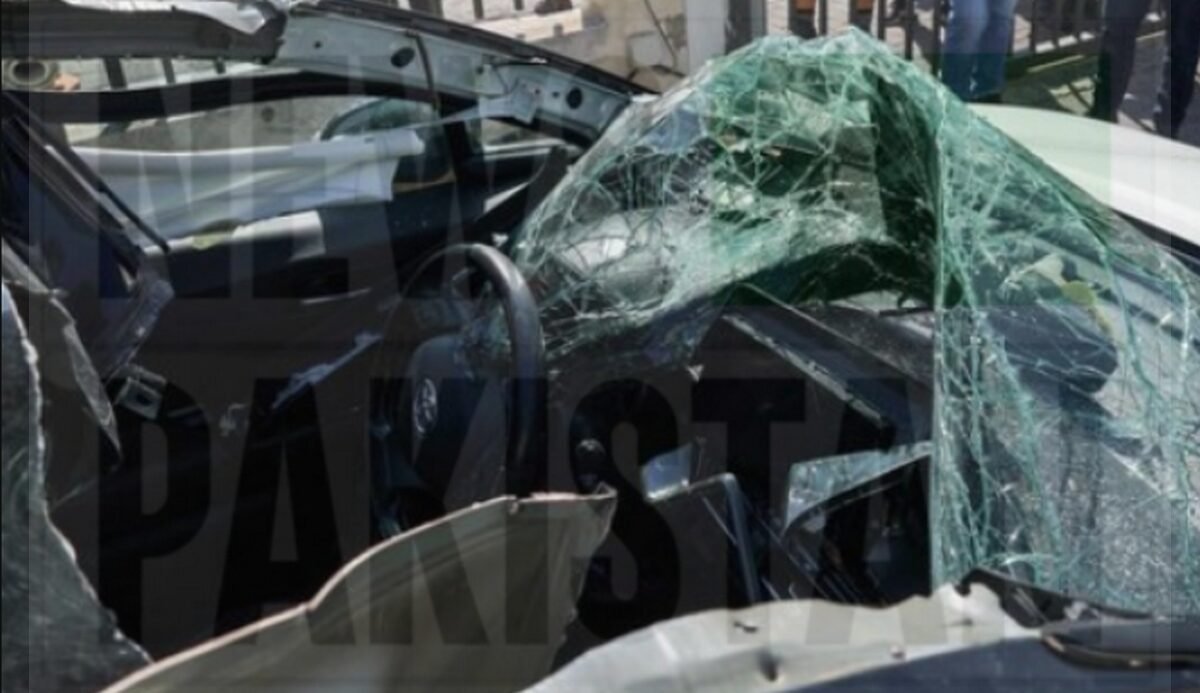KARACHI: The Sindh Apex Committee Monday decided to carry out monitoring of Madrasas (religious seminaries) and educational institutions to check their source of income, expenditure, and curricula.
Briefing media persons after the apex committee’s meeting, Adviser to Sindh Chief Minister on Information, Law and Anti-Corruption Barrister Murtaza Wahab said the committee also decided to hold talks with the management of religious seminaries situated on major roads of Karachi for their shifting. He said the meeting was informed that a working group had been formed under the chairmanship of the Sindh Home Secretary for the registration of Madrasas and monitoring of other public and private institutions. The meeting was also apprised that a draft legislation had been prepared for the registration of religious seminaries which had been sent to the Law Department for vetting, he added.
He said the apex committee was told that law and order situation in the province was exemplary and more integrated interventions were required to make it durable. The adviser said the committee had decided to amend the law to cope with street crimes. The crackdown would be launched at the secondary markets where stolen two-wheelers were sold. He said to keep watch on terrorists’ movement, security along the Punjab and Balochistan borders would be tightened. Under the Safe City Project, Murtaza Wahab said a pilot project would be launched soon in red zone areas, which would be later expanded to other parts of the city and to the entire province. The apex committee, he said, was also informed on the process launched by the Sindh government to rehabilitate the affectees of anti-encroachment drive and also about a review petition filed in the Supreme Court.
The adviser said the Karachi Safe City Project would not be initiated under the Public Private Partnership. The National Database and Registration Authority (NADRA) and other institutions, which had expertise on the subject, had been requested to submit their proposals for the project. Not only CCTV cameras but a swift response mechanism would also be integrated into the Safe City Project so as to take timely action in case of any untoward incident, he added.
Police, Traffic, Fire Brigade and other emergency services would be part of the response mechanism, he said. The advisor said the meeting was informed that a police station had been established on the Sindh-Balochistan border and 69 police posts were set up along the border where 381 police personnel had been deputed to keep an eye on the entry points of bordering areas. Murtaza said the apex committee, which met with Sindh Chief Minister Syed Murad Ali Shah in the chair, reviewed law and order situation in the province, implementation of the National Action Plan, and investigation and prosecution of anti-terrorism cases.
The meeting was attended by Sindh Minister for Works and Services, Adviser, Corps Commander Karachi, Chief Secretary, Inspector General of Police, Rangers Director General and others. The advisor said the committee decided to bring amendments in the Anti-Terrorism Act (ATA) to control street crimes in the metropolis and as per reforms, a special magistrate would hear the cases of street crimes under Section 30 of CRPC. Under the law three to seven years’ sentence would be awarded to criminals, he added. He said the committee had decided to seek the assistance of Pakistan Army’s Cyber Wing to control cybercrime the province. He said it was also decided that Rangers, Jail Department personnel and relevant agencies would work together for coordination in the investigation and prosecution of criminals, while training workshops would be arranged for the capacity building of new prosecutors.

apex meeting 2










